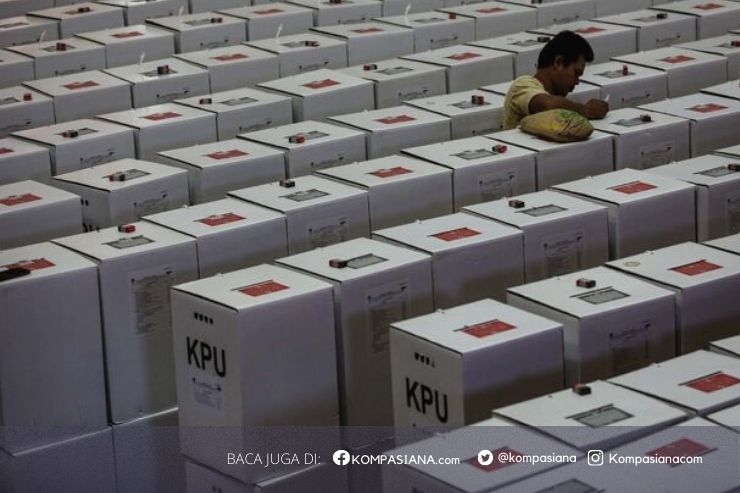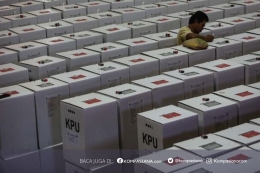Global communication skills are essential in today's interconnected world, requiring innovative programs to develop these competencies. Le Thi (2023) emphasizes the role of soft skills in multicultural classroom environments, highlighting cultural exchange programs and real-world problem-solving exercises to enhance communication (Le Thi, 2023). Pratibha (2017) explores the integration of social software into technical education, demonstrating how digital tools can significantly improve communication skills among students (Pratibha, 2017).
Chung et al. (2016) present a case study on incorporating socioscientific issues into science education, which enhances students' abilities to articulate complex ideas effectively (Chung et al., 2016). Similarly, Jacobs et al. (2014) evaluate international exchange programs in medical education, demonstrating their effectiveness in promoting doctor-patient communication and broader interpersonal skills (Jacobs et al., 2014).
Hausberg et al. (2012) examine structured communication training for medical students, emphasizing its success in improving both verbal and non-verbal communication competencies (Hausberg et al., 2012). Vigier and Smoller Le Floch (2011) discuss the importance of foreign language education in international business programs, advocating for curriculum integration to enhance cultural awareness and global communication skills (Vigier & Smoller Le Floch, 2011)
Cross-Cultural Awareness Initiatives
Cross-cultural awareness initiatives are essential in fostering global competencies, empathy, and inclusivity. Zhukova and Bogoslovsky (2023) examine the design of regional student initiatives aimed at developing cross-cultural communication skills, underscoring the importance of immersive and reflective activities (Zhukova & Bogoslovsky, 2023). Wehlburg et al. (2019) introduce GlobalEX, a collaborative program focused on cross-cultural immersion, empathy-building, and global issue awareness, demonstrating the transformative impact of such programs (Wehlburg et al., 2019).
Lokkesmoe and Kuchinke (2016) investigate the efficacy of foreign immersion programs, finding that they significantly enhance cross-cultural competencies in business students. Their study advocates for structured international study experiences to develop global awareness (Lokkesmoe & Kuchinke, 2016). Burkhardt and Bennett (2015) explore how diversity initiatives in universities positively impact international students' everyday cross-cultural interactions, emphasizing the value of inclusive campus programs (Burkhardt & Bennett, 2015).
Watson et al. (2013) assess the integration of standards-based cross-cultural competence tools, reinforcing their utility in training and reflection. These tools significantly improve participants' regional awareness and intercultural skills (Watson et al., 2013).
4.2 IMPLICATIONS FOR JAKARTA
Potential Impacts On Economic Growth, Social Equity, And Urban Branding
Urban initiatives profoundly impact economic growth, social equity, and urban branding, driving cities toward global competitiveness and sustainability. Zhao et al. (2024) highlight how inclusive city branding fosters equitable urban practices by integrating values such as diversity and openness, creating a cohesive social identity that supports economic resilience (Zhao et al., 2024).
Kowaas et al. (2023) emphasize city branding's role in creating a strong urban identity, which enhances global visibility and attracts investments. Their study of Bandung illustrates the interplay between brand attachment and economic growth, showcasing branding as a strategic tool for urban development (Kowaas et al., 2023).







